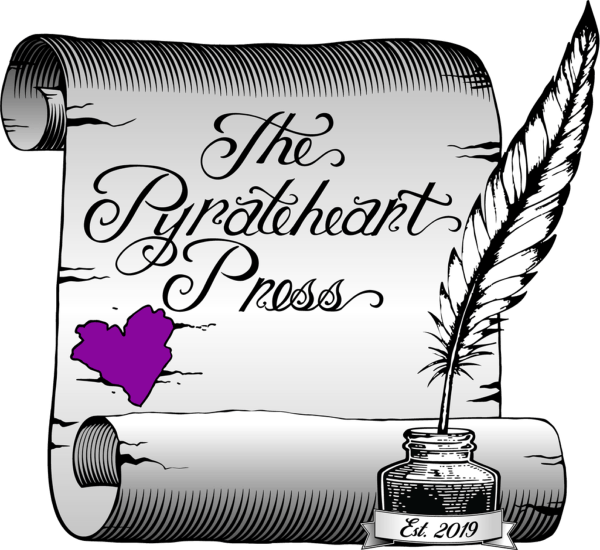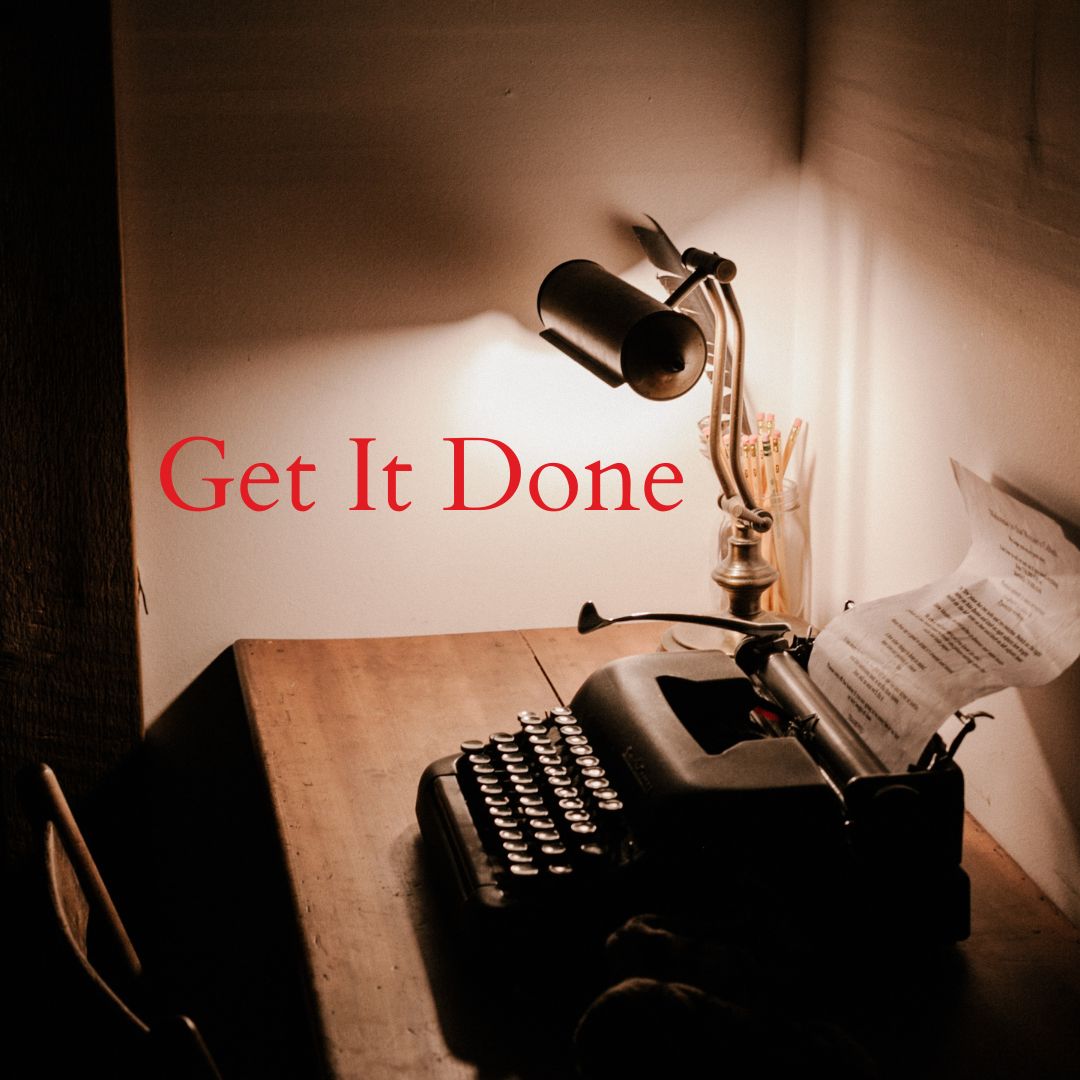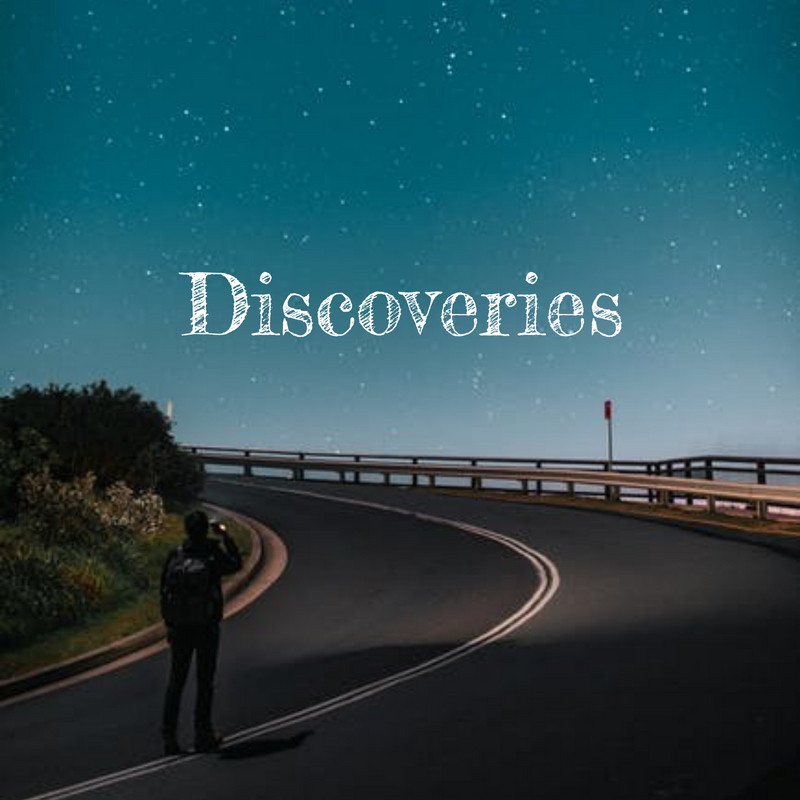Blog Layout
Interview with Author Lillian St. Chyr
R. Ross Whalen • Apr 20, 2021

Welcome back to our series of interviews with those authors who have chosen to remain anonymous. Today I get the great pleasure to introduce you to Lillian St. Chyr. Lillian is a member of my writing group.
Let me take a Segway here. I don’t believe I have spoken about the importance of a good writing group. I cannot emphasize enough the importance of having a group of people whose opinion you can rely on. Or who will tell you their real opinion. The latter is vitally important to me. I need people who have the brass in their backbone to tell me what they really think regardless of my feelings. Lillian is one of those people.
Lillian came onboard shortly after Miranda. At first, my writing circle only included myself, Miranda, and Lillian. I met Lillian in much the same way as I met Miranda. She responded to my call for readers for my attempt at erotica. Whereas Miranda found my attempts hilarious, Lillian felt pity. I am not sure which was worse. In the end I think it was Lillian’s pity.
Lillian’s opinions can be subtle and sublime. She lets you know what she thinks but does so eloquently. I admire Lillian. She is an older woman who has seen the worst in the world and come out of it with such a great outlook on life. I often do not possess such things My attitude can become quite horrid and when it does, Lillian puts me on the spot. She doesn’t tolerate such behavior around her.
I asked Lillian if I could elaborate on her background. She didn’t hesitate but left me the condition I couldn’t give out enough that people would be able to identify her. Lillian has a good personal life now. Her girlfriend knows about her writing and is Lillian’s greatest supporter. She tells me I am her greatest critic. Which is the best since Lillian is my greatest critic. She holds no mercy in her criticisms but often leaves enough room for the sting to smooth over.
Let me start with her sexuality. Lillian is a lifelong lesbian. Which has been a hard thing since she grew up in the Deep South (Mississippi) during the nineteen sixties when homosexuality of any kind was forbidden. Add to the fact she is an African-American and you can see how her troubles piled up.
Lillian left the Deep South of her childhood for greener pastures when she entered college. Found the freedom she so wanted and never looked back. Though she was married for a time to a man. A man she cared deeply for. He too was homosexual. They were each other’s “beards” as they say. When he died from cancer it broke her heart. She often told me she did love him, just not physically.
Lillian was an avid cigarette smoker in her days. A habit which left her with one lung due to lung cancer. Left her broke as well. Lillian has suffered so many setbacks I don’t have the time or space in this to go over them. Let me just say her deep belief in God and Christ (Lillian is an outspoken Southern Baptist) and her unwavering ability to look at the good in people overcomes all such personal issues.
Which left me a bit confused. Lillian’s characters are dark. As are her books. Lillian is the author of The Final Fix of A. Female Stone
and The Librarian’s Tale. Both books have strong female leads who suffer from personal issues and certain character flaws I know Lillian doesn’t share. The stories are disturbing in places and happy in others. Each has strong supernatural elements in them and look at the world from a perspective that doesn’t mirror Lillian’s own.
I thought this would be a great place to begin my interview.
Q. Good morning Lillian, have you had your coffee yet?
A. (Chuckles) Yes, you are safe.
Q. I wanted to ask, why are your books so dark?
A. They aren’t, not really. They tell stories which reflect reality. In Fem, I found a place to release my own inner turmoil during my fight with lung cancer. Fem proved a suitable character to let out in prose what I could not release in person. Writing is cathartic for me.
Q. You write about the life of a professional fixer for a law firm like you were a part of that life. Were you?
A. Not really. I had the privilege of being around the day-to-day workings of lawyers at one point in my life. The real life of a lawyer does not compare to the embellished versions I wrote for Fem. I know there are lawyers out there like The Firm and in Fem, but I was never exposed to it. What I was exposed to was the constant complaints of the low level lawyers who ate in the same building as I did during college. This was also way back in ancient history now. The seventies in Chicago. A good time the seventies. At least they were for me.
Q. Why?
A. You know the answer. I was in my twenties in Chicago where my homosexuality didn’t faze those I hung out with. I found a welcome in Chicago I could not have imagined. A black girl from Mississippi who likes girls isn’t a welcome person in most of those places I have traveled. However, in Chicago I was. I found myself gainfully employed as I enjoyed college with a new group of friends who came from all walks of life and all racial and sexual profiles. Chicago was nowhere near like San Francisco back then; we didn’t parade ourselves or demand attention but there was a lack of concern over a person’s sexuality. There were race issues, but it was the seventies. Even those though were minor compared to what I had experienced in my earlier life.
Q. Is that why you married a white man? A homosexual as well.
A. I met my husband in the latter days of college. He was trying to become an architect and I wanted to be a nurse. We met at one of those mixers’ colleges like to throw to get the new students comfortable with the older students. I instantly knew he was gay even though he made a play for me. We fell in love. It was a unique relationship. We had sex with other people but slept with each other at night. Never once in all the time we were married did anyone question our sexuality. It made life easier when people believed we were normal heterosexuals. Made it even more normal since being in a mixed-race relationship was forbidden back then. Won both sides of the racial line. My mother didn’t speak to me after I married my white husband. I always wondered why no one questioned why we didn’t have kids.
Q. So you married him for love and not to upset the apple cart? Cause a scene?
A. By now you realize I don’t cause scenes. I admit I hate such behavior. It is my southern roots showing. I don’t like conflicts in public. Nor do I care for rudeness or a lack of courtesy. There is no reason people can’t speak courteously to one another. Even as a child I was treated with courtesy even if they hated me. They had to or their grandmothers would beat them silly.
Q. (Chuckles) Really?
A. You don’t know? I thought you were from Virginia. Grandmothers rule in the South. Especially among the colored people.
Q. I see you said colored. The word is a leftover from my childhood as well. What do you think of the term African-American?
A. It saddens me. We are all American. My father fought in Korea. My grandfather fought in World War Two. As much as the whites hated us, they never tried to deny my family’s part in defending this country. No, I am an American.
Q. I find we have strayed into the political. I apologize. Let me return to your books. What drew you to The Librarian?
A. I liked the characters. I liked the way the story progressed but most of all I liked the way I was able to interject supernatural elements into the story.
Q. I have never read anything you have written that doesn’t include some form of the supernatural. Not even your short fiction story in Ordinary to the Extraordinary - Showdown at Castle Rock.
A. That was such fun. Thanks so much for asking me to participate. I had never attempted to write short fiction before. I loved the premise of the story. Loved creating a story which didn’t have a twist but was a twist in itself.
Q. What made you think of an old west showdown?
A. My father loved John Wayne. Said he was the only white man worth watching at the movies. My father loved westerns. Loved the westerns on the television at the time. Even though he didn’t like to admit it, he truly loved The Rifleman. Chuck Connors was as white as they came but my father adored the show. I wrote Showdown at Castle Rock for my father.
Q. Did he enjoy the story?
A. My father was killed in Mississippi when I was a young girl. He crossed paths with several white men who found it disturbing my father dared to vote.
Q. I’m sorry.
A. It’s okay. I find most I tell this to react in one of two ways. They are either saddened over such a horrible thing as being hung or they use it as a rallying cry for their own agendas. I have no agenda except to live my life as I have nor will I allow anyone to use my life for their own purposes. All I ask is people let me be and let me enjoy my life. I love my life now. I love my girlfriend. I’m happy. Why fix something if it isn’t broke?
Q. You are always happy. I love that about you. Let’s take a moment to talk about your next project. I understand you have taken up a storyline I developed called The Peggy’s. Why on Earth would you take on such a project?
A. It intrigued me. A story about a set of women who are serial killers being pursued by a woman cop. There are so many ways to develop this story. I have several plots and subplots worked out at this moment. I have the main characters developed and now all I need is the ending. I never have the ending written when I start a story. The ending usually just happens. I know that isn’t the way people are told to write. I was told to write the ending first and develop a story to the ending. I find such advice restricting at best. I like the words to flow. I like the story to write itself. And I like it when the ending surprises me.
Q. Will there be a supernatural undertone to the story?
A. I will let you decide when you have read it.
The interview went on for quite some time. Truthfully, it devolved from an interview into a gossip session. Lillian enjoys gossip almost as much as I do. Especially about the others in our writing group.
I’m Ross, The Editor-in-Chief at The Pyrateheart Press and I’m out.





